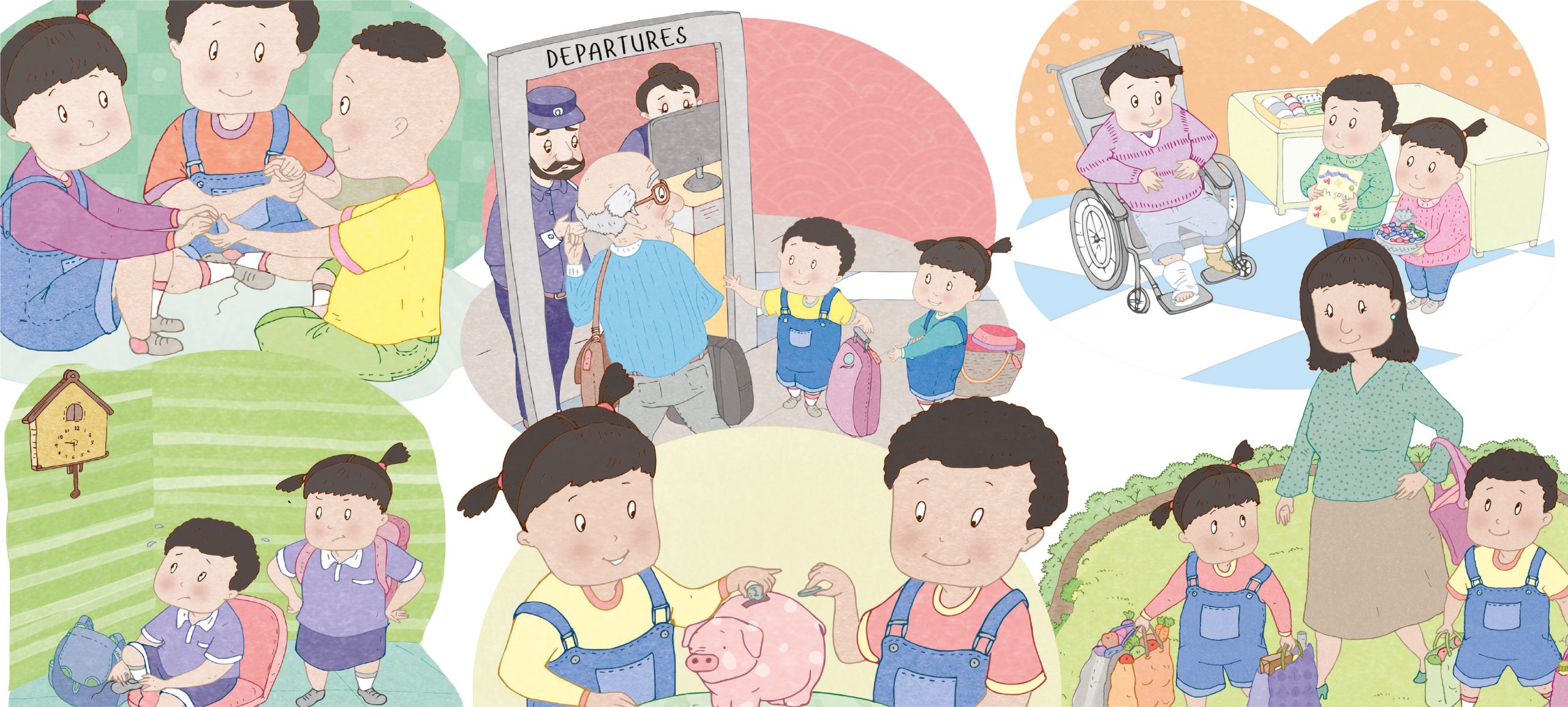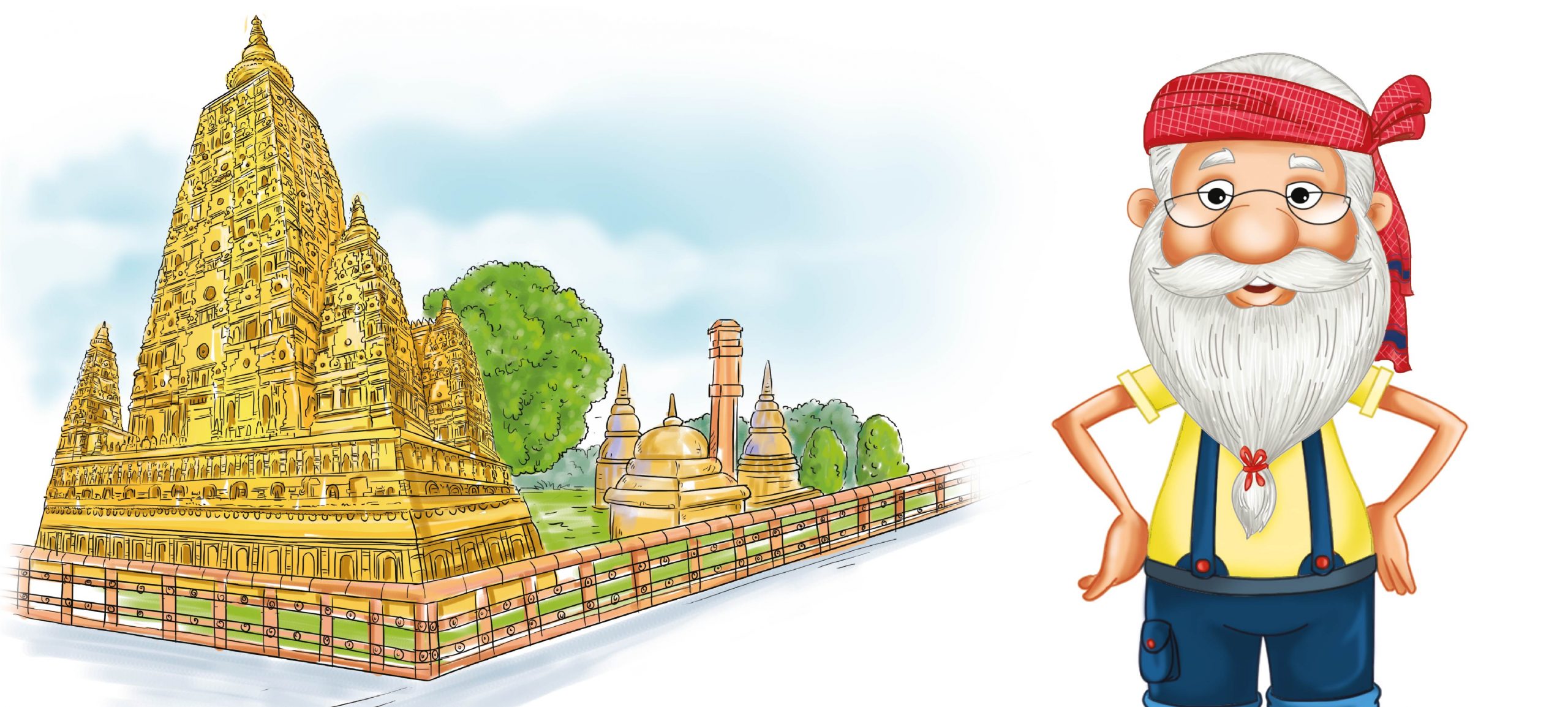In the race to admit more and more children in privately run, English-medium schools and orient them to a world of cut-throat competition and grades-based performance, the quality of education is suffering.
Not Just Grades by Professor Rajeev Sharma, is about schools that have proved that it is possible to yield positive personal development together with academic excellence. This book aims to show how these schools achieve overall development of their student as well as establish a healthy learning environment with creative and innovative ideas.
Here is an excerpt from the book:
Education is a lifelong process and schooling provides the foundation for it. One needs to articulate the objectives of education that can be achieved through schooling. Our difficulty begins here. There is a diversity of views regarding the goal of education and how schools should teach children. This may be part of the reason why schools differ so widely from one another. Additionally, there may also be a variance between the stated purposes of schools and what they actually attempt to deliver or are able to deliver.
SOME VIEWS ABOUT EDUCATION
- Education has large, consistent returns in terms of income; it counters inequality. For individuals, it promotes employment, earnings, health, and helps in reducing poverty. For societies, it drives long-term economic growth, spurs innovation, strengthens institutions and fosters social cohesion. (World Bank, 2017)
- Every individual has a unique potential, regardless of their physical or psychological inequality. The goal of education is to aid every individual to achieve their unique potential so that they may make their unique contribution to society. (Dewey, as cited in Garrison and Neiman, 2003, 27)
- Education is ‘the practice of freedom’, the means by which men and women deal critically and creatively with reality and discover how to participate in the ‘transformation of the world’. (Freire, 1977, 13)
- The function of education is ‘to bring about a mind that will not only act in the immediate but go beyond . . . a mind that is extraordinarily alive, not with knowledge, not with experience, but alive’. (Krishnamurthy, 2003)
- Education should be the stepping stone to knowledge and wisdom that ultimately helps the seeker on the spiritual path. It should not be seen as a narrow means of making careers and achieving social status, but for seeking a larger role for self and society. (Mahatma Gandhi on education, Gandhi Research Foundation, accessed 2016)
The points of view shared above represent a diverse and wide spectrum of goals: from removing inequality in society through skill building to seeking knowledge and wisdom for pursuing a spiritual path to developing capacity to help people participate in transforming the world. There is yet another view that education should help individuals in discovering their true potential and contribute to society. Some others emphasize that education should aim at building moral values; develop a thinking mind and soul. The goals of acquiring skills to make a living, of developing the full potential of an individual or to transform society are all positive and worth pursuing, but they are very different from each other. If the goals of education are so different, will their pursuit require a different curriculum and process of teaching, learning and evaluation? Will it make schools different from one another? Probably, it will. That is one of the reasons why a school aiming to provide ‘necessary skill to children so they can earn a living and also help remove poverty’ (World Bank, 2017) will be very different from a school that aims to educate ‘not only for making careers, but equipping the individual for a larger role for self and society’ (Gandhi). These could be some of the reasons why schools differ with respect to what they teach and how they teach. However, there are many historical, political and economic reasons that have shaped schools and their practices in current times. Some of these are reviewed briefly in the following section.
Centrality of Schooling
Schooling covers a substantial period of an individual’s life, from the formative years till adolescence or early adulthood. During this period, a whole range of physiological, psychological and sociological changes take place in children that may cause the overall experience of schooling to be both exciting and turbulent at the same time. Once past, this cannot be undone; it is not plausible to go back to school. If time, resources and circumstances permit, one can go for new or additional courses/studies to acquire additional competencies or gain knowledge, but this is for a much shorter duration as compared with the time spent in school.
With schooling, the time which is gone cannot come back. The experiences one has had cannot be relived. The impact that schooling might have on a growing child is long-lasting. The experience at school can be extremely positive and remain an inspiration throughout life or it could be a traumatic one and leave a lasting scar on an individual’s life. Or it can just be ordinary and unexciting. Whatever the case may be, the fact remains that schooling is an important part of one’s life and the experience stays with us for a long time afterwards.
Not Just Grades is about schools that have proved that it is impossible to weave positive personal development together with academic excellence.
AVAILABLE NOW!


























































